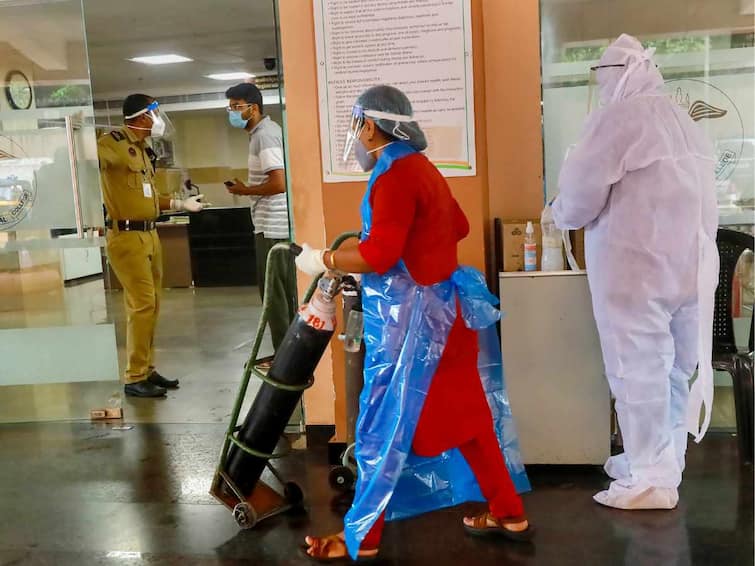Once more the Nipah Virus, a destructive zoonotic pathogen, has raised its head in the southern territory of Kerala, India. With its high death rate and potential for human-to-human transmission, this outbreak has sent shockwaves through the district.

Also Read: UAW Strike: 13000 Auto Workers go on Strike in US
The Nipah virus, first identified in 1998 in Malaysia, is a zoonotic virus that can be transmitted from animals to humans, with fruit bats serving as its natural reservoir. It can also spread through contaminated food and direct human-to-human contact.
The symptoms of Nipah infection include fever, vomiting, respiratory issues, and in severe cases, seizures and brain inflammation leading to a coma. The mortality rate varies but can be as high as 75%, depending on the public health response.
Nipah virus outbreaks have been intriguing yet destroying. The first recorded outbreak in Malaysia led to over 100 fatalities and the culling of a million pigs to contain the virus. It later spread to Singapore, causing deaths among slaughterhouse workers.
Bangladesh and India have additionally experienced Nipah virus outbreaks starting around 2001, with Bangladesh being especially hard-hit, recording more than 100 deaths.
Kerala, known for its lavish scenes and energetic culture, has confronted the Nipah virus multiple times in recent years. This outbreak in Kerala marks the fourth recorded occurrence in five years.
Also Read: Rishi Sunak to Ban on American XL Bully Dogs in UK
The state has managed to stamp out previous outbreaks through widespread testing and strict isolation protocols. However, this time, the situation appears more challenging.
The recent outbreak in Kerala began with the demise of a 47-year-old patient in Kozhikode on August 30, 2023. Laboratory tests later confirmed Nipah as the cause of death.
Currently, there are six confirmed cases, with four patients undergoing treatment in hospitals. The virus has prompted authorities to take swift and extensive measures.
In an effort to contain the outbreak, the Kozhikode district administration has closed all educational institutions indefinitely, including nursery schools and madrasas.
Online classes have been prescribed to proceed with education while at the same time limiting physical contact. Additionally, the Bepur fishing harbor and fish landing center have been temporarily shut down due to the Nipah virus threat.
Kerala’s Health Minister, Veena George, has emphasized the importance of social distancing and reasonable precautions. Six samples have tested positive so far, but there have been no new positive cases reported recently.
Also Read: TikTok Fined €345 Million for Violating Children’s Privacy
Ninety-four samples from individuals at high risk due to close contact with infected patients have tested negative. Currently, 21 individuals are in isolation at Kozhikode Medical College Hospital.
Efforts are in progress to follow and monitor people who might have come into contact with infected patients. The contact list has now developed to 1,080 individuals, with 327 of them being medical care workers. These measures are crucial in preventing further transmission of the virus within the community.
India has contacted Australia for monoclonal antibody doses to combat the Nipah virus. Monoclonal antibodies have shown promise in treating viral infections, and India expects to receive 20 additional doses soon.
This treatment has been being developed as a joint research project between the US and Australia and could play a significant role in managing the outbreak.
Preventing future outbreaks of Nipah virus requires a multi-pronged approach. One crucial aspect is identifying the source of the virus and taking measures to limit its transmission from animals to humans.
Education and public awareness campaigns, similar to those implemented in Bangladesh, can also play a pivotal role. Covering palm trees to prevent bats from nesting and consuming fruits after thorough washing are examples of preventive measures.
Also Read: Anantnag Encounter: Explosions Heard as Search for Terrorists Continues
























